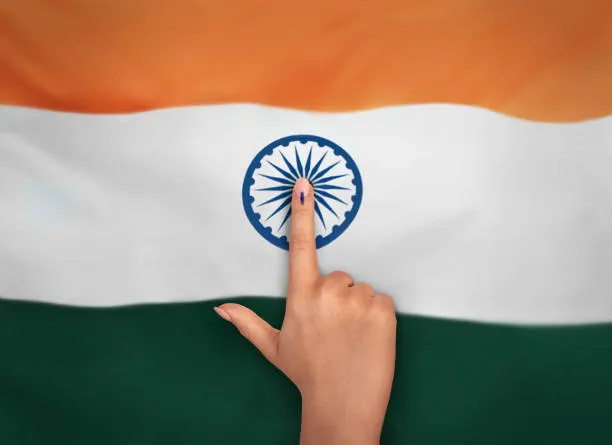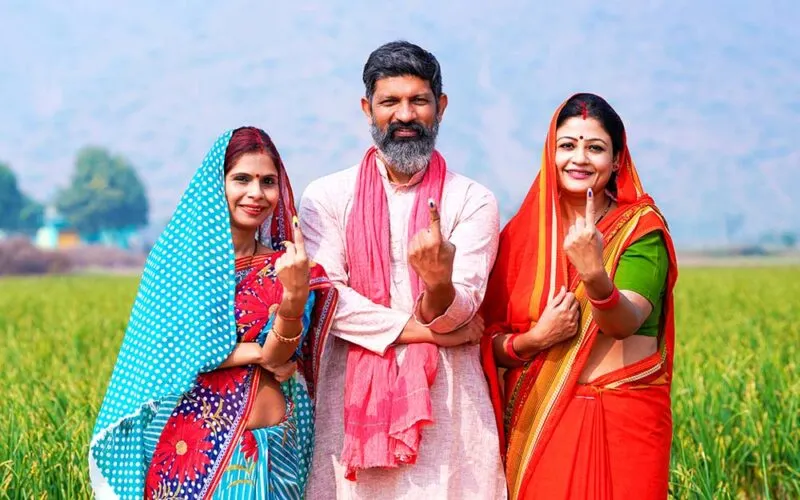As the world’s largest democracy, India’s electoral process is a phenomenon that attracts global attention. Every five years, Indians flock to the polls to exercise their fundamental right to vote, shaping the course of the country’s future. However, the stark reality is that India’s voter turnout has been trending downwards in recent years. The 2019 general elections, for instance, saw a mere 67% of eligible voters casting their ballots. This raises a crucial question: why does voter turnout in India matter? The answer lies in the profound impact it has on the country’s politics, governance, and democracy as a whole.
Democracy’s Strength Lies in Its Weakness
In a democracy, the strength of the system is directly proportional to the participation of its citizens. When a large proportion of the population exercises its right to vote, it sends a loud and clear message to those in power. It reinforces the idea that citizens are invested in the affairs of the nation and are willing to hold their leaders accountable. Conversely, low voter turnout can lead to a governance crisis, where elected representatives feel detached from the people and fail to address their concerns.
Representation and Accountability

Voter turnout is a critical indicator of representation and accountability in Indian democracy. When a large number of voters participate in the electoral process, it ensures that elected representatives are more likely to reflect the aspirations and concerns of the people. Conversely, low voter turnout can lead to a situation where elected representatives are more interested in serving their own interests rather than those of the people who elected them. This, in turn, can lead to a breakdown in trust between citizens and governance, ultimately undermining the integrity of the democratic process.
Battling Disillusionment and Passivity
There are numerous reasons why voter turnout in India has been trending downwards. One major factor is disillusionment with the political process, stemming from widespread corruption, poverty, and unemployment. Many Indians feel that their votes do not make a difference and that the system is rigged against them. This sense of passivity can be devastating, as it leads to a lack of engagement and participation in the democratic process. To combat this, it is essential to educate citizens about the significance of their votes and empower them to demand better from their elected representatives.
Economic and Social Progress
The relationship between voter turnout and economic and social progress is inseparable. When citizens participate in the electoral process, they are more likely to demand better living conditions, employment opportunities, and social services. Elected representatives, in turn, are more likely to prioritize these issues in their policy-making. Conversely, low voter turnout can lead to a situation where elected representatives ignore the needs of their constituents, leading to a lack of progress and stagnation.


